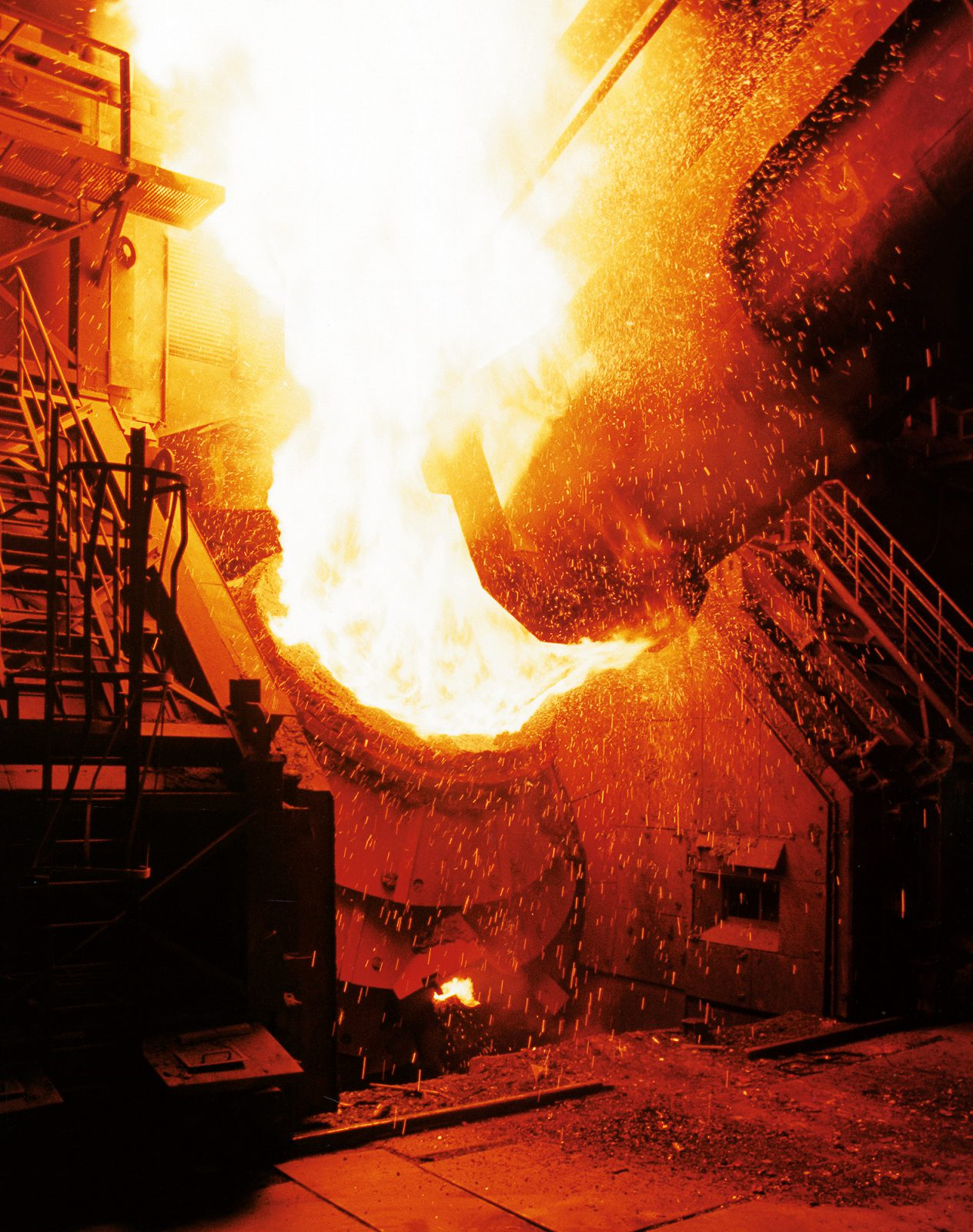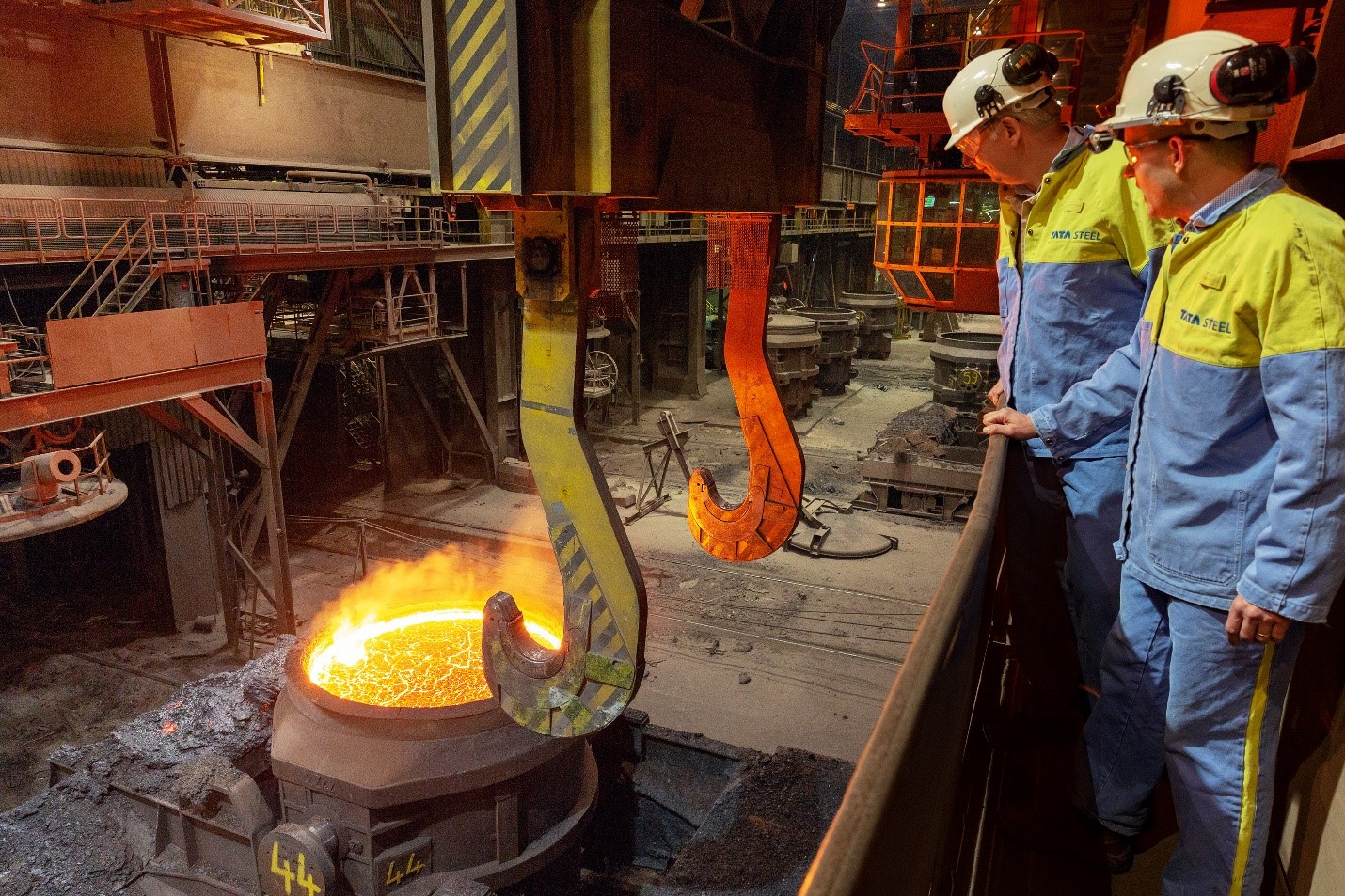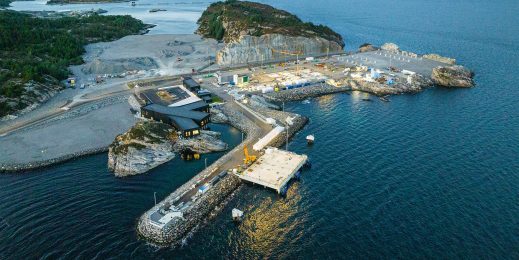
Europe’s steel sector steals the show with AI
You’ve just spend hundreds of euros on a brand new fridge. It’s a big investment, which came after months of in-depth research and finding the right product at the right price. However, after just a few weeks, the steel hinges that hold the door crack.
You angrily post on social media, and you find there are other people like you who experienced the same issue. Your local newspaper picks up the story, and before you know it the story has gone viral.
Ask any manufacturer, the prospect of having a mass product recall is terrifying – not just due to the short-term economic impact, but also the long-term and lasting reputation damage. Like most industries, the reputation of manufacturers are built on the pillars of high-quality, customer trust, consumer satisfaction and product safety.
European consumer protection legislation continues to be some of the strictest in the world. The multifaceted nature of large-scale production and international supply chains means manufacturers must take every possible step to mitigate the risk of defects in the production line and the catastrophic consequences.
But arguably, no manufacturer has more to lose than the steel sector. Steel is almost everywhere. The material gives form and function to an endless number of objects in our daily lives. It’s the major component used in the buildings, infrastructure, transport, equipment, appliances and technology we use every day. Put simply, it’s inconceivable to imagine a world without steel.
But with the European steel association – Eurofer – forecasting steady growth in 2019 and beyond, how can Europe’s steel manufacturers keep up with high levels of production while also guaranteeing the export of defect-free steel – across all stages of the supply chain?

Removing risk from the raw product
Today, the steel industry uses approximately 70% of all refractory products, which is the heat-resistant material used in metal casting. RHI Magnesita, the world’s largest manufacturer of refractory products, is experimenting with artificial intelligence (AI) and machine learning to check the quality and defects of its roughly three million tons of refractory products every year.
Based in Austria, RHI Magnesita needs to ensure all of its 120,000 refractory products can handle the most hostile conditions – withstanding temperatures of 1200 °C and higher. To do this, RHI Magnesita is in the process of implementing IR (infrared) cameras to monitor the shell of metallurgical storage vessels to understand the links between heat profile and refractory material behavior. Images are taken from the cameras throughout the day and are then processed by machine learning algorithms. Using this technology, RHI Magnesita will increase the accuracy of its defect detection and provide an accurate lifetime prediction of their products.
“Because our refractory products are commonly used in the blast furnaces of our steel manufacturer customers, their maintenance teams have an incredibly hazardous and dangerous job when it comes to inspecting materials. They have to wear protective gear and put their head into a vessel,” says Gregor Lammer, Senior Project Manager Digital Technologies, RHI Magnesita. “This is not only concerning from a worker safety point-of-view, but also the level of accuracy such observations deliver. Using AI, we can monitor, interpret and predict when our refractory materials are likely to wear out and reach their maximum lifetime. With this insight, we can proactively alert our customers when vessels need to be changed, or if concrete measures need to be taken to prolong its lifetime.”
“What’s more, AI is actually helping us learn more about our customer’s environment so we can change our products to align with their unique needs. Creating a ‘digital twin’ on Microsoft Azure, we can develop and test between six and seven different versions of our products, before shipping off the one or two most suitable versions to the customer. It’s an incredible value add and gives us a real competitive edge.”

Spotting the smallest scratch
Despite being in what some say is the fourth industrial revolution, many traditional manufacturers find themselves using processes more than 100 years old. Europe’s second largest steel producer, Tata Steel, embraced new concepts like the Internet of Things and AI to drive significant benefits and improvements when it comes to output and quality of their steel mills.
Based in The Netherlands, Tata Steel captures over 400,000 process attributes during the production process in a steel mill. To prevent defects, the company developed an early warning system that predicts instabilities. This approach is a significant improvement on the existing model, as it uses real-time data to calculate the chance of a process instability. Tata Steel used advanced algorithms to decrease production process time whilst increasing the yield.
After a few weeks, you finally get a new fridge. Accompanying the appliance is a note from the manufacturer apologising for the defect, assuring they’ve changed steel suppliers and this will never happen again.
In fact, thanks to artificial intelligence, they’re prepared to give you a lifetime guarantee.
For more information on how advanced technologies continue to reshape manufacturing, click here.














